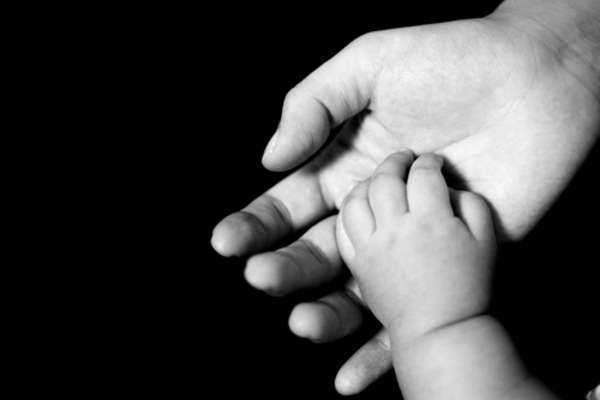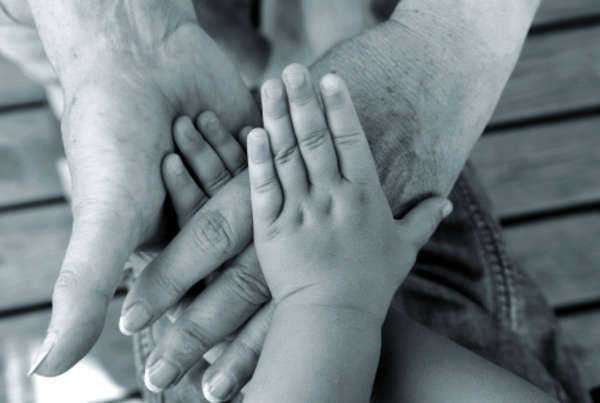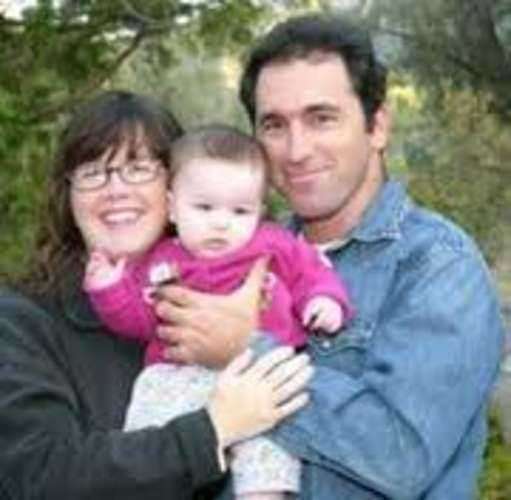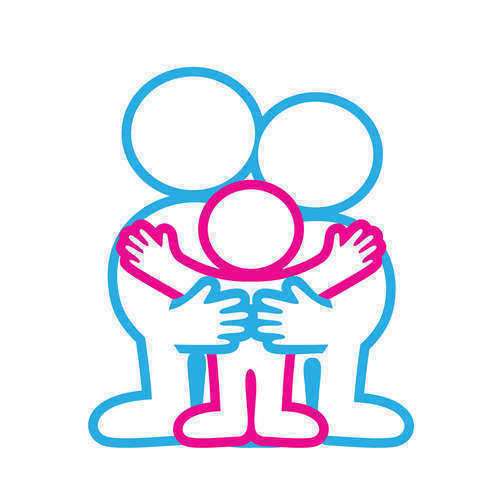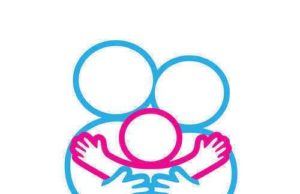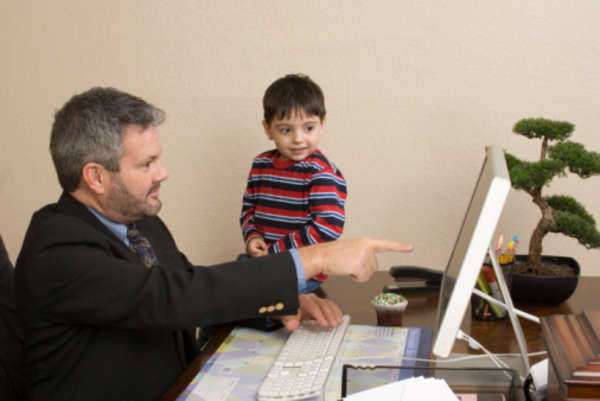
New Jersey Adoption Laws:
Frequently Asked Questions Associated with New Jersey Adoption:
Do I have to be a certain age to partake in New Jersey Adoption?
• To engage in New Jersey adoption, you must be at least 18 years old at the time the adoption is finalized. You must also be at least ten years older than the child you wish to adopt.
Do I have to be Married to Engage in a New Jersey Adoption?
• There is no mandatory relationship status to file for New Jersey adoptions. You may be married, single, in a civil union or a domestic partnership. The Department of Children and Families in Moreover, the New Jersey does not deny or preclude individuals from New Jersey adoptions based solely on their race, ethnicity, gender, sexual orientation, gender expression, religion, culture, affectional orientation, domestic, marital or civil partnership status.
Do I have to Own My Own Home to Engage in a New Jersey Adoption?
• NJ Adoption: New Jersey does not force ownership requirements for those looking to file for New Jersey adoptions. You may own a home, rent an apartment or live in a condo; however, the child—to be granted a New Jersey adoption—requires his/her own bed (not necessarily his/her own bedroom) and ample space for his/her personal belongings.
What are the Financial Requirements for a New Jersey Adoption?
• New Jersey Law on Adoption: To successfully secure a New Jersey adoption, you must be able to financially support and care for your family. There is no exact dollar figure that automatically grants New Jersey adoptions; however, the state will review your finances, expenses and income to determine if you are eligible for a New Jersey adoption.
Is there Assistance Available for New Jersey Adoptions?
• NJ Adoption Laws: New Jersey adoption subsidies are available to the majority of families who adopt children with disabilities/special needs. Subsidies include monthly payments for clothing, medical care coverage, food, medical equipment etc. Subsidies for New Jersey adoptions are also used to satisfy legal fees needed to finalize the New Jersey adoption.
Do I Have to be a Citizen of the United States to Adopt?
• NJ Adoption Laws: No, you do not need to be a citizen of the United States to engage in a New Jersey adoption; however, you must have legally entered the nation and plan on staying here long enough for a formal placement to occur.
How Long Does a New Jersey Adoption Take to Finalize?
• This question is nearly impossible to answer because the time it takes to finalize a New Jersey adoption will vary based on circumstance. The following variables are the main factors that will either delay or facilitate the filing for a New Jersey adoption:
o NJ Adoption Laws: The sex, age, race and health of the child which you are applying to adopt. The more open and flexible you are to the child, the more quickly you will be considered for a New Jersey adoption.
o NJ Adoption Laws: The type and number of children in need of new Jersey adoption placement
o NJ Adoption Laws: How quickly you can offer references, medical reports, financial information etc.
Path to New Jersey Adoption:
The New Jersey Department of Children and Families works in tandem with the Foster and Adoptive Family Services to facilitate the New Jersey adoption process; these agencies respond to inquiries made by prospective adoptive parents. Therefore, the first step to engaging in a NJ adoption law is to contact the Department of Children and Families either at their website or at their toll free number: 1-900-99-ADOPT
After contacting the agency, they will send you a packet of information which includes an application for New Jersey adoptions. Following the delivery of information, the Department of Children and Families Local Office Family Recruiter will then contact the prospective family/adopting parent to arrange an interview/engagement meeting, where detailed information about New Jersey adoption is provided. This meeting will go over eligibility criteria for New Jersey adoption and the types of children in need of adoptive homes or foster care.
Those adopting families or parents who are interested in proceeding with New Jersey adoption are encouraged to fill-out their application. Following completion, the application is reviewed by the Resource Family Supervisor. Background checks are performed before accepting the application for processing. If all goes well, a resource family worker will contact the prospective adopting parent to begin the home study process.
NJ Adoption Laws: The Home Study Process
With a New Jersey Adoption, the home study process refers to a system by which a resource family worker inspects the prospective parent’s home to determine whether the dwelling is appropriate for adoption and the type of child most compatible with their family. There are several parts to the home study process:
NJ Adoption Laws: Pre-service Training
The Department of Children and Families provides 27 hours of training to prospective adopting families/parents. The training helps applicants determine if adoption is what they want while preparing them for the realities of adoption.
NJ Adoption Laws: Home Visit/Interviews
This form of pre-service training provides an opportunity for the agency to get to know the prospective adopting parents. This stage of New Jersey adoption is a formal assessment that supplements information retrieved from the aforementioned stage. Home visits and interviews allows the caseworker to procure information needed for a formal assessment while allowing the applicants to illuminate any specific issues that arise during the New Jersey adoption process. Moreover, the home visit provides the agency with the opportunity to review the home and assess whether or not the dwelling meets the state’s safety standards.
NJ Adoption Laws: References
References are procured during the home study to ensure that a thorough assessment is made to determine the applicant’s ability to care for a child. References for New Jersey adoptions include school, employment, personal, child care and medical. Criminal background checks are also performed on every individual over the age of 18 that lives in the house.
NJ Adoption Laws: The Approval Process
After the above steps are fulfilled, the case worker and the division will render a decision regarding the applicant’s case for New Jersey adoption. If, after review of the application and home study process, the division does not view the candidate appropriate for a New Jersey adoption, the evaluation will be discontinued. In most cases; however, the prospective adoptive family will be approved and granted the ability to engage in New Jersey adoption following completion of the homestudy process.
 What is an Open Adoption?
What is an Open Adoption?





